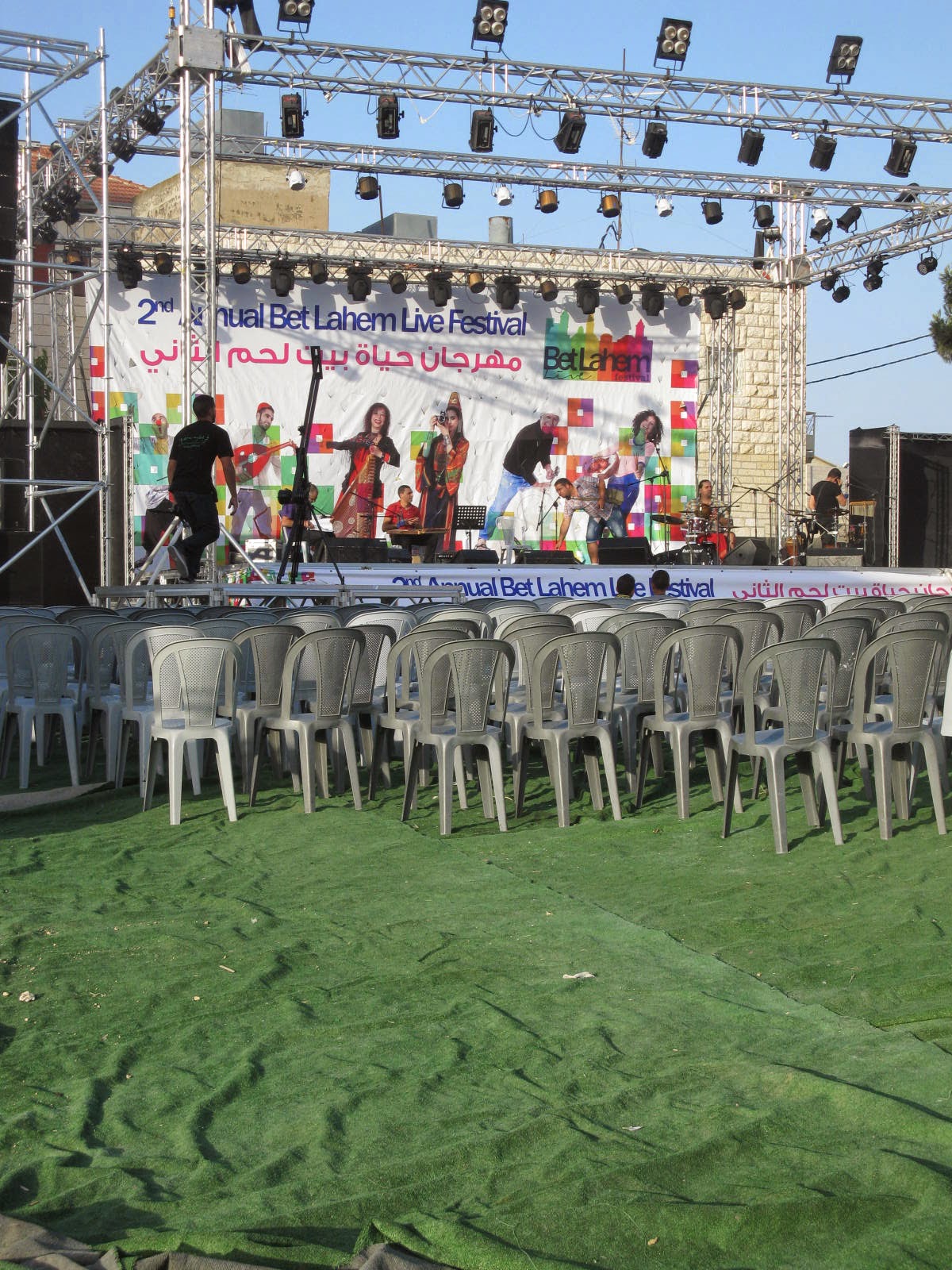Tonight, the Israeli army announced that it had found the bodies of the three settlers who were kidnapped outside of Hebron 18 days ago. Clearly, this is a time of mourning, especially for the families of the boys. They have held onto hope for over two weeks and now their fears are realized. This is terrible.
In a time like this, I understand feeling pain, confusion and anger. And though I also understand the desire for retributive justice, I don't agree with it (fully recognizing that I'm not in the situation of the families of the boys). The idea that you take one of mine, and I'll take one (or ten) of yours only feeds the cycle of violence and suffering in the world. It does not bring boys back from the dead, and it does not honor their lives.
Right now, the anger seems overly emphasized, at least in Israeli political circles (all said within hours):
One voice that particularly was on a more hopeful and appropriate note was from the New Israel Fund, a US-based nonprofit advocating for social equality for all Israelis:
"We join with their families and with everyone mourning these three young men. And we ask that every leader, Israeli and Palestinian, take every step necessary to maintain calm and prevent more loss of life. We owe it to the memories of these young men, and to the countless others who have died in this conflict, to do all we can to bring peace and reconciliation and an end to the bloodshed between our two peoples."
Keith
In a time like this, I understand feeling pain, confusion and anger. And though I also understand the desire for retributive justice, I don't agree with it (fully recognizing that I'm not in the situation of the families of the boys). The idea that you take one of mine, and I'll take one (or ten) of yours only feeds the cycle of violence and suffering in the world. It does not bring boys back from the dead, and it does not honor their lives.
Right now, the anger seems overly emphasized, at least in Israeli political circles (all said within hours):
- Deputy Minister Hotovely: "The despicable kidnapping and murder of the students cannot go by in silence, and the those responsible in Gaza must pay the price. The government of Israel must declare a war to the death on Hamas, which is responsible for the murders, and return to the policy of [targeted] assassination."
- President Shimon Peres: "Alongside deep sorrow, we will remain resolute to punish the atrocious terrorists. Our war on terrorism will only intensify and will not waver so that this murderous terrorism won't dare to rear its head."
- Deputy Defense Minister Danon: "This tragic ending must also be the ending of Hamas! The nation is strong and ready to absorb [attacks] for the sake of a mortal blow against Hamas. ... [W]e have to destroy the homes of Hamas activists, wipe out their arsenals everywhere, and stop the flow of money that directly or indirectly keeps terror alive... make the entire Palestinian leadership pay a heavy price."
One voice that particularly was on a more hopeful and appropriate note was from the New Israel Fund, a US-based nonprofit advocating for social equality for all Israelis:
"We join with their families and with everyone mourning these three young men. And we ask that every leader, Israeli and Palestinian, take every step necessary to maintain calm and prevent more loss of life. We owe it to the memories of these young men, and to the countless others who have died in this conflict, to do all we can to bring peace and reconciliation and an end to the bloodshed between our two peoples."
Keith

















































